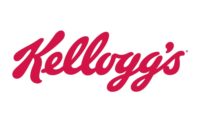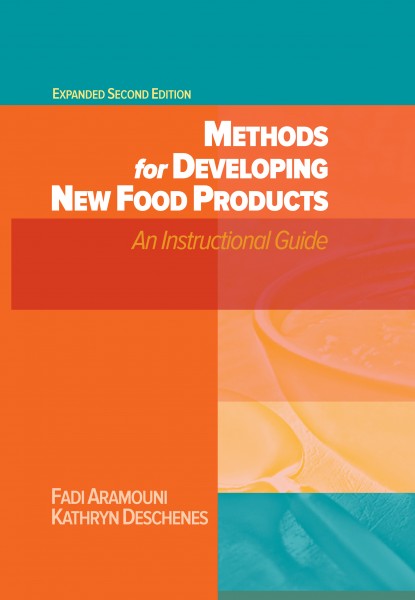No Objections to Sustainability
By Jeff Dearduff
The verdict is in. As maintenance manager of your bakery, you are hereby charged with a life sentence of conserving natural resources for the betterment of the earth we live in, as well as for your company’s bottom line, for generations to come.
Surely, somebody from your company recently attended a meeting or trade show where the term “sustainability” was heavily used and even abused. They probably brought the topic back to the plant and threw it out on the table with very little background information. And since there is a big funnel in the center of the table that tends to always discharge straight down to your office, guess what? Yup, it’s yours to deal with.
Herein lies the issue. Sustainability is not something you will do necessarily, but rather the result of something you did. You can have a sustainable workforce, economic sustainability and, in our little world, natural resource sustainability. Sustainability is defined as “the result of purposeful conservation actions that reduce our use of utilities that originate from the earth’s natural resources.”
In other words, make more bread with less juice.
The list of earthly resources to focus on is rather short. They can best be identified as 1) our water supply and 2) fossil fuels or oil, gas and coal. As far as environmental protection and sustainability, we need to concern ourselves with land, the air we breathe and the bodies of water around us. Let’s talk about how we can do our part to leave some resources behind for future generations … and to control today’s cost.
Water has received worldwide attention lately. Some experts suggest there is not enough clean drinking water on the planet right now to sustain the current population. At our baking facilities, we know that a lot of H2O passes through the water meters every day. As a key ingredient in baking, a lot of it goes into our finished products. But where does the rest go, and how can you affect the sustainability of the water supply?
Start with fixing water leaks. A dripping faucet, a running toilet and a cooling line dumping to the sewer are all places to start. A survey of how you use water in the bakery will instantly open your eyes to the low-hanging fruit that becomes part of your conservation program. From this beginning, you will be able to flow to greater discoveries and, in the end, you will realize significant benefits. Remember that for every gallon that doesn’t pass through the meter, a good part of that gallon doesn’t flow into your wastewater discharge program.
Energy from fossil fuels is critical to all bakeries. This is where we need to focus our energy — mental energy, that is. Fossil fuel simply relates to anything derived from the earth’s massive core: electricity, natural gas, fuel oil, refined oils and any other substance supposedly supplied to us from the place where the old dinosaurs hang out. You might say electricity doesn’t come out of the ground, and you’re right, but the fuel that run the big boilers and turn the massive turbines surely does. Conservation of electricity ultimately reduces the amount of coal or natural gas needed to service our needs, thus attempting to sustain the resources.
Survey how your bakery uses electricity to get you started toward a conservation program that works just like your water program. Simple things like turning lights out in unoccupied spaces, fixing air leaks and properly sizing conveyor drives can slow down the meter. You also can hit some home runs by retrofitting your bakery’s lighting systems, adding control architecture to your compressed air systems and installing the highest efficiency electric motors throughout the plant. After you add up the savings, it becomes a quick sell to yourself and to those decision makers who pay the bills.
Our ovens, fryers and boilers burn a lot of natural gas every day for a significant cost in producing our products. These systems’ burners are designed to produce the highest heat delivery with the lowest input of the resource. To get to the most efficient level of performance, however, adjustments often must take place. However, there always is a chance of misadjusting. If your burner efficiency is off, you will have a higher fuel usage, lower BTU output or, simply put, waste.
Have you ever started an oven up way ahead of production? This is an operational practice that can waste lots of energy if out of whack, but it can be brought into line with some simple procedural changes. For instance, determine how long it really takes to reach the proper baking temperature, and let that determine your start-up time. You will find a significant improvement in gas usage when you identity these easy fixes and take action.
For environmental protection, an in-depth knowledge of what goes into your waste stream is critical. Responsible handling of hazardous waste and a serious effort towards recycling will make a positive impact on landfills all around the world. Think if you can recycle something before you put anything in the dumpster.
In your workplace and your home space, always remember the Three Rs: reduce, reuse and recycle.








